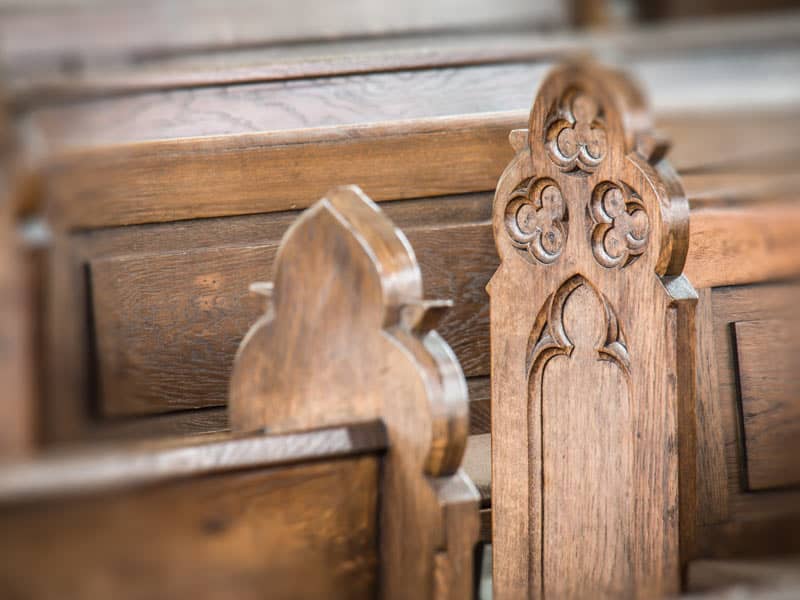It's too bad the court issue did not receive greater attention in the campaign, because the judicial branch of government is the main battleground of the war over America's culture. For those of us who are traditional in our values and believe America was built, broadly speaking, on Judeo-Christian principles, the courts have been a "killing field." In the last 35 years, they have outlawed school prayer, permitted flag burning, promoted gay rights, tried to redefine marriage, struck down efforts to regulate pornography, and thrown crèches out of public squares. Most troubling of all, the Supreme Court took a whole class of Americans--unborn children--and said they had no rights, not even a right to live, that could be recognized under the Constitution.
Now we have a presidential race that could be decided by those same courts. And the Florida Supreme Court unwittingly performed a wonderful public service in its decision extending the time for a hand count of ballots, in direct contradiction to Florida state law. The public service was that its "judicial activism" was so brazen and clear that even the most obtuse observer could see that the highest court of Florida was making up rules as it went along, in effect becoming a legislature. When Bush attorneys argued, correctly, that the elected officials of Florida had set a very clear and unambiguous deadline for the recounting of votes when they passed a statutory election law, the court responded that "the will of the people" was more important than a "hyper technical reliance upon statutory provisions"--in other words, the law.
Most of my Republican friends were outraged by the decision, and understandably so. But they should not have been surprised. What the Florida Supreme Court did is of a piece with what the Federal Supreme Court did in 1973, when it found a right to abortion in the Constitution, even though the word is nowhere to be found in that document. They did this even though the Declaration of Independence guarantees that all men are created equal and grants various rights that cannot be taken away--with the first such right being the right to life. Roe v. Wade, with a stroke of a pen, overruled state laws in 50 states that represented the wisdom of the elected officials of those states. Some states regulated and restricted abortion. Others were more permissive. But all of them amounted to nothing to the Supreme Court, which, just like Florida's Supreme Court a few days ago, was apparently not willing to be restrained by a "hyper technical reliance upon statutory provision."
Now the election dispute is before the Supreme Court, and many observers believe that Justice Anthony M. Kennedy holds the key. If Kennedy joins with four other "conservatives" to reestablish the fundamental right of the state legislature and governor to make election law that cannot be changed by the courts after the election is held, a tremendous blow will be struck against judicial activism. But if he joins with activist justices, he could breath new life into it, and into Gore's dwindling prospects of taking office.
This week, Kennedy could redeem himself and hopefully go a long way toward allowing into office a president whose judicial appointments will reverse Roe v. Wade.
But whatever happens, the issue of the role of the courts in American life is unlikely ever again to be on the back burner of American politics. Governor Bush has had a taste firsthand of what an activist judiciary can do--possibly deny him a presidential election that he has won. As a result, I believe, he will see his own court appointments as an opportunity to start restraining the one branch of government that has most aggressively promoted a liberal cultural agenda that runs counter to the deeply held beliefs of millions of Americans. And Al Gore may have inadvertently made vulnerable the one branch of government that American liberals have been able to rely on to implement an agenda that voters have not embraced on their own.

